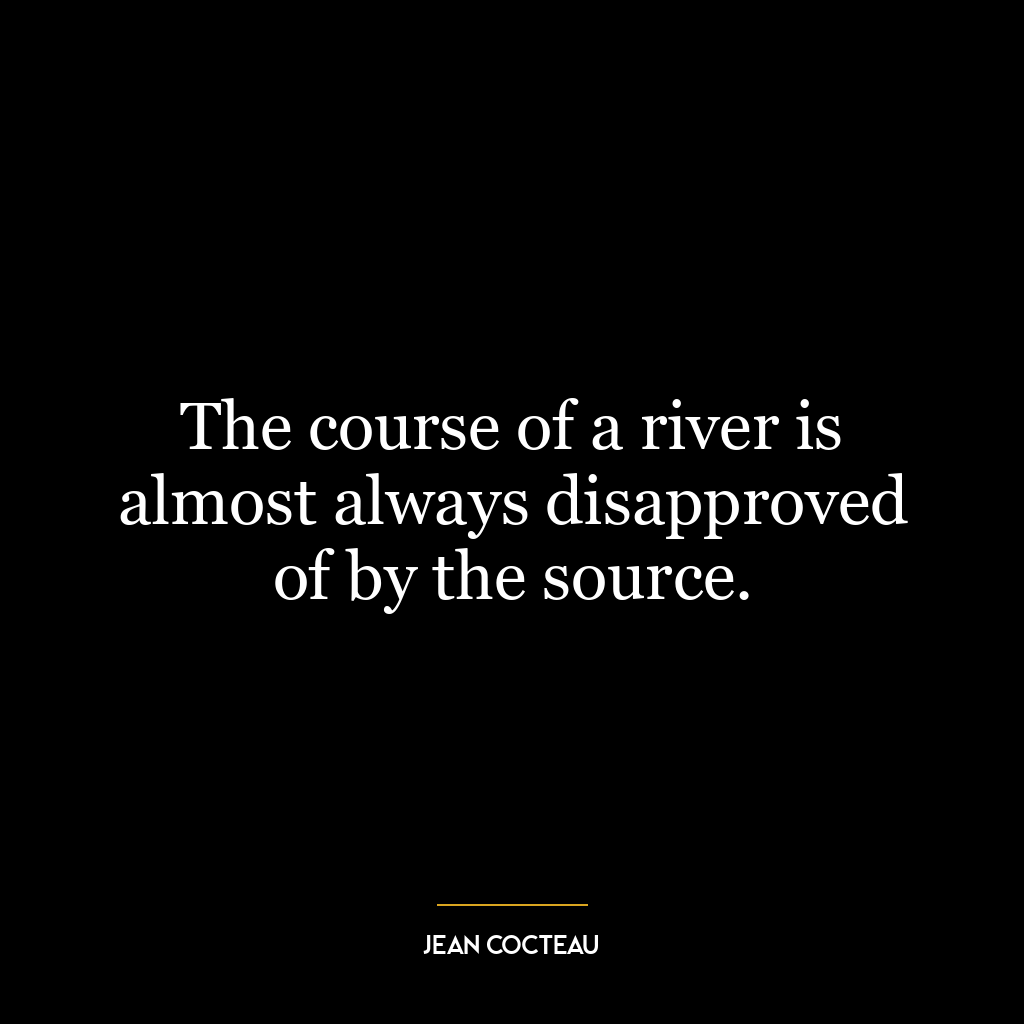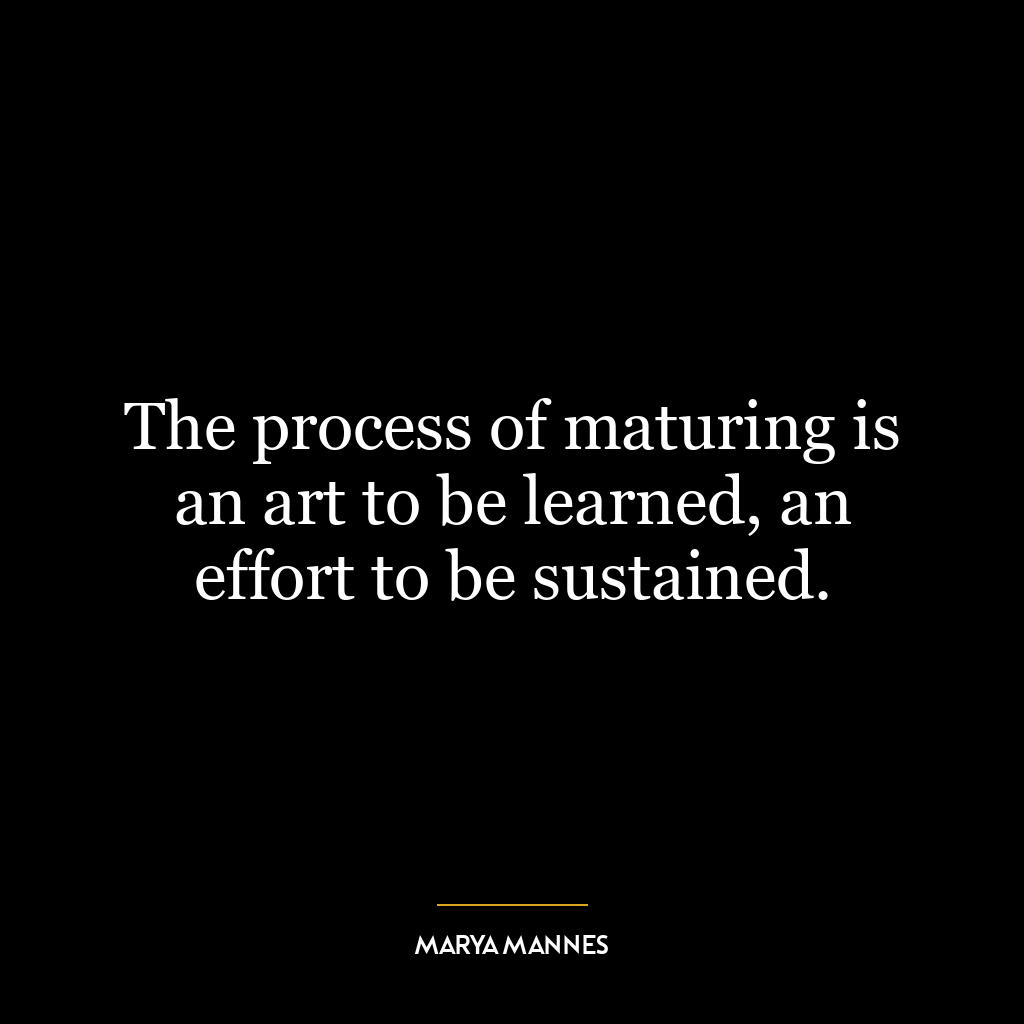We estimate the wisdom of nations by seeing what they did with their surplus capital.
This quote suggests that the measure of a nation’s wisdom can be gauged by observing how they utilize their surplus capital, or in other words, their excess resources. Instead of looking at a nation’s wealth or power, Emerson proposes that wisdom can be seen in the choices made when a nation has more than what it needs for survival and basic functions. The use of surplus capital can reflect a nation’s values, priorities, and foresight.
The surplus capital can be used in various ways, which can include investment in infrastructure, education, healthcare, technology, or it can be saved for future uncertainties. If a nation invests its surplus wisely, it can lead to sustainable growth and development, and improve the quality of life for its citizens. On the other hand, if the surplus capital is wasted or misused, it can lead to economic instability and social unrest. Therefore, the wisdom of a nation can be estimated by how effectively it uses its surplus capital to benefit its people and ensure long-term prosperity.
In today’s world, this idea can be seen in the policies of different countries. Some nations invest their surplus in improving public services, advancing scientific research, or combating climate change, while others might use it to expand their military power or to control their population. Therefore, the use of surplus capital can be a reflection of a nation’s wisdom or lack thereof.
On a personal level, this quote can be applied to individual financial management and personal development. Just like a nation, an individual can also have surplus capital, which can be the extra money left after paying for all the necessities. The wisdom of an individual can be estimated by how they use this surplus. If they invest it wisely, for instance, in education, skills development, or savings for the future, it can lead to personal growth and financial stability. On the other hand, if the surplus is wasted on unnecessary luxuries or momentary pleasures, it may lead to financial difficulties in the future. Thus, the use of surplus capital can reflect an individual’s wisdom, foresight, and values.















